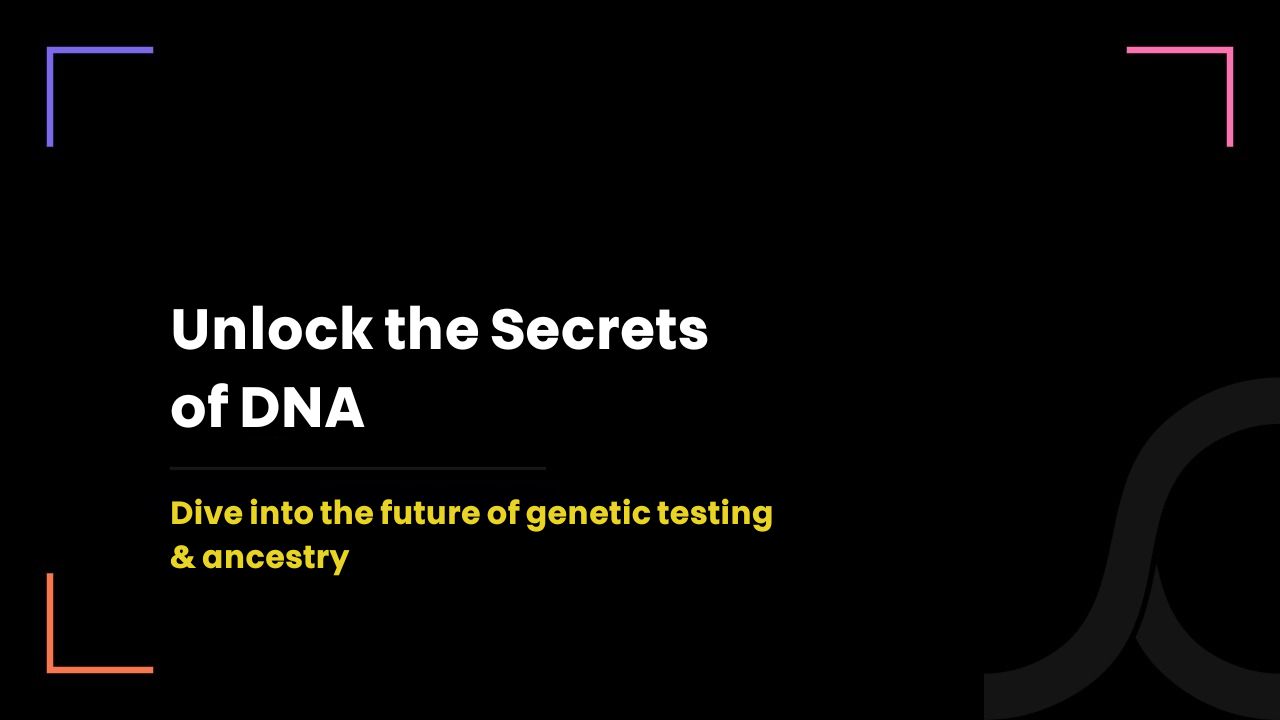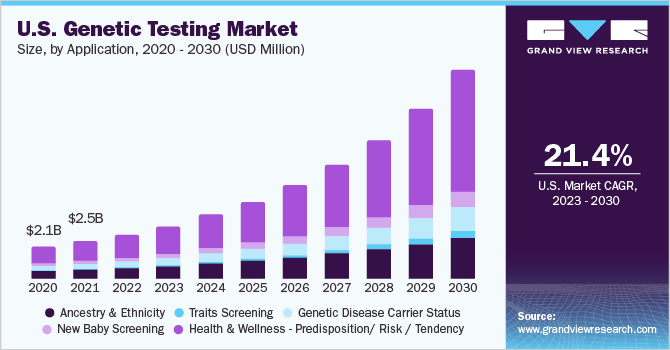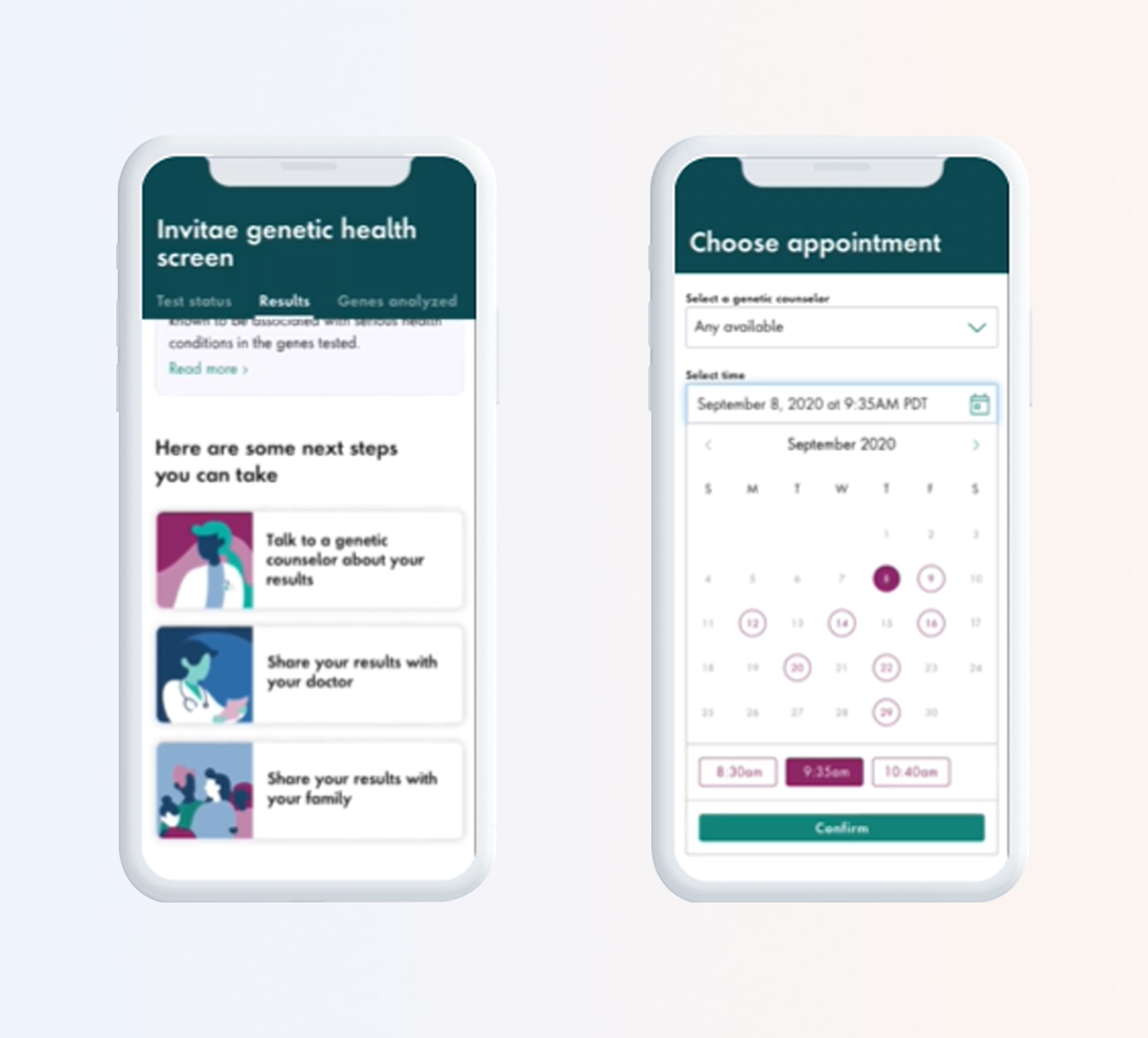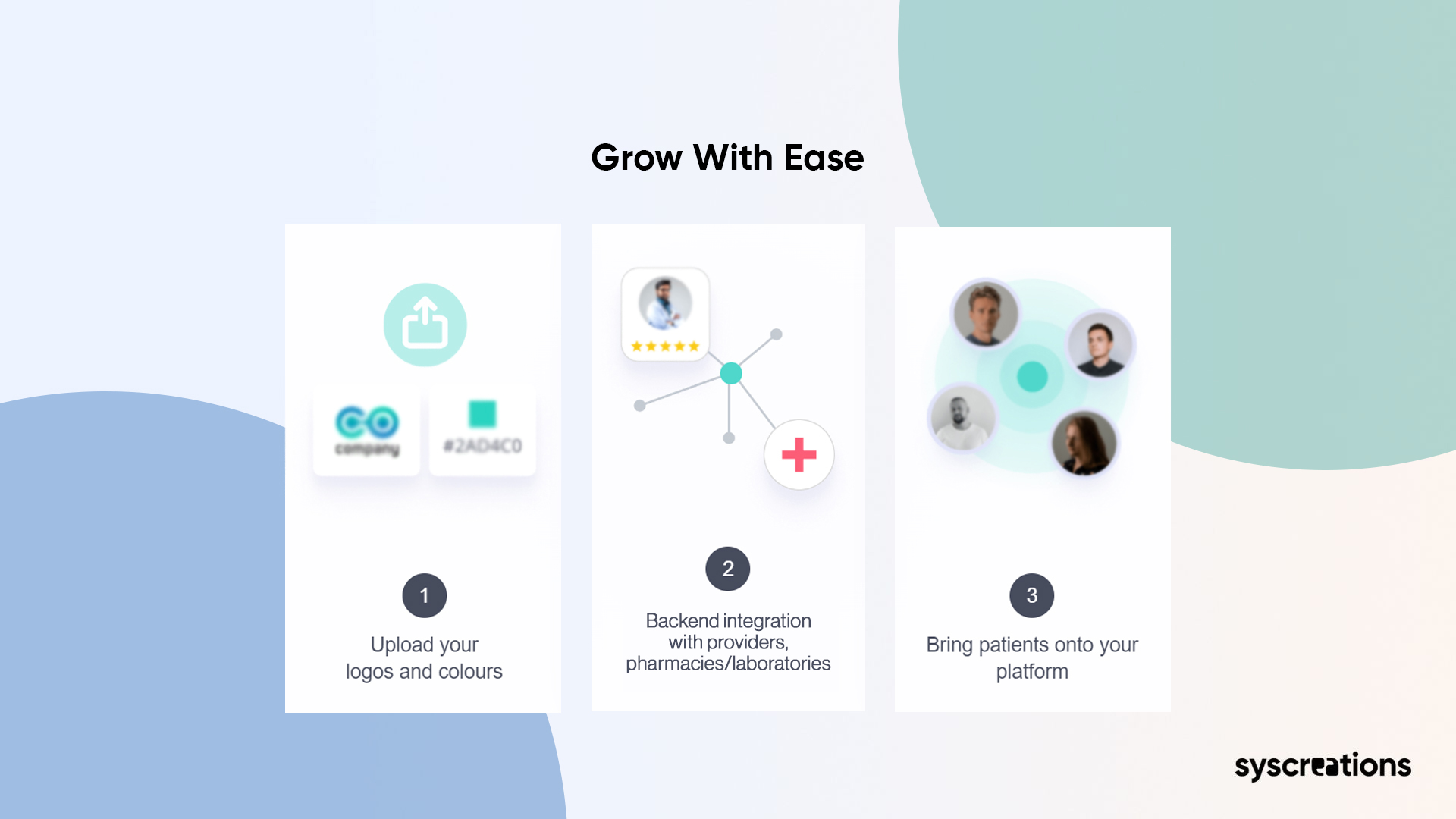A Technical Guide to Build a Genetic Testing Platform: 4 Lessons from Invitae

10 months ago
Genetic testing has come a long way.
Twenty years ago, only people with specific health issues were interested.
Today, millions are curious about their ancestry and future health.
A recent survey found that 20% of Americans have had a genetic test.
And 65% said they’d be willing to learn about serious health risks, even if it’s unsettling.
Another study showed that 85% of genetics experts think elective testing could improve health.
In 2018, people bought as many consumer DNA tests as in all the previous years combined.
By early 2019, over 26 million people had shared their DNA with major databases.
And if trends continue, this number could reach over 100 million soon.
As we head into 2024, the need for advanced genetic testing platforms is growing fast.
Whether you’re a healthcare provider, a tech entrepreneur, or a lab, it’s important to know how to build a top-notch genetic testing platform.
The Growing Market for Genetic Testing

The global genetic testing market was worth $7.4 billion in 2022.
It’s expected to grow quickly, at a rate of 22% each year from 2023 to 2030.
Why is this happening?
More people are learning about newborn screening, and there’s an increase in genetic disorders.
For example, in the U.S., newborn screening programs check for over 60 different diseases.
This rising awareness and demand are driving the market’s growth.
Spotlight on Invitae: A Leader in Genetic Testing

Invitae made waves in the financial world when it went public in early 2015, listing its shares at $17.80 on NASDAQ.
By 2020, the stock had jumped to $56.60 per share, marking its peak.
Since its founding in 2010, Invitae has emerged as a key player in the genetic testing industry.
They offer a broad array of tests designed to help individuals understand their genetic risks.
Their mission is to make genetic testing affordable and accessible for everyone.
Invitae's approach to genetic testing includes:
- Diagnosing Genetic Conditions: They provide tests for a range of genetic disorders, from rare diseases to hereditary cancers.
- Predicting Future Health Risks: Their tests can identify risks for conditions like heart disease, diabetes, and neurodegenerative disorders.
- Guiding Treatment Decisions: By understanding a patient’s genetic makeup, healthcare providers can select the most effective treatments.
With a focus on innovation and broad accessibility, Invitae aims to make genetic testing a standard part of healthcare, helping people take charge of their health and well-being.
How Invitae’s Genetic Testing Process Works

Invitae offers a simple, step-by-step process for genetic testing. Here’s how it works:
1. Consultation with a Healthcare Provider: The journey starts with a consultation. Individuals meet with their doctor to discuss their medical and family history. Together, they decide which genetic tests might be right.
2. Ordering the Test: After the consultation, the doctor orders the appropriate genetic test through Invitae.
3. Sample Collection: Invitae sends a kit to collect a sample, usually saliva or blood.
4. Laboratory Testing: The sample is analyzed in Invitae’s lab, using advanced technology.
5. Result Interpretation: Once the test is complete, Invitae’s team of experts interprets the results and provides a detailed report.
6. Genetic Counseling: For those who want extra guidance, genetic counselors are available to explain the results and discuss any next steps.
This easy-to-follow process makes genetic testing accessible and insightful for individuals looking to better understand their health.
23andMe: A Pioneer in Consumer Genetic Testing App

Another major player in the genetic testing world is 23andMe.
Founded in 2006, 23andMe is well-known for its direct-to-consumer genetic testing kits, making it easy for anyone to get insights into their DNA.
What sets 23andMe app apart is its focus on helping people understand their results.
Their reports cover everything from ancestry to health risks and even personality traits.
They make the information easy to digest, providing helpful resources for customers to learn more about their genes.
On top of that, 23andMe has built a large research community.
This allows their customers to participate in genetic research studies, contributing to important scientific discoveries.

4 Key Components of Building a Genetic Testing Platform
To build a successful genetic testing platform, there are several key components you need to consider:
1. Technology and Infrastructure
Your platform needs strong application/software and reliable lab systems. This ensures smooth operations, from processing genetic samples to delivering results.
2. Compliance and Regulations
Genetic testing involves handling sensitive data, so it’s crucial to follow privacy laws like HIPAA (in the U.S.) and GDPR (in Europe). Staying compliant is non-negotiable.
3. Data Security and Privacy
Protecting genetic data is a top priority. Implementing strict security measures keeps the platform trustworthy and safe from breaches.
4. User Experience (UX) & Design
The platform should be easy to use for both customers and healthcare providers.
An intuitive, well-designed interface makes the entire process, from ordering tests to receiving results, simple and accessible.

Essential Features of a Genetic Testing Platform
- User-friendly interface for easy navigation
- Variety of test options with customization
- Secure data storage with encryption
- Seamless lab integration for quick results
- Personalized, easy-to-read genetic reports
- Access to genetic counseling support
- Compliance with HIPAA, GDPR, and other regulations
- Option for users to participate in research studies
- Mobile compatibility for on-the-go access
- Data visualization tools for clear understanding of results
Ready to Launch Your Genetic Testing Platform? We Can Help You!
Based in Burlington, our health tech company focuses solely on health tech projects.
In just the past two months, we’ve helped launch multiple platforms, including one focused on genetic disease screening.
We’re here to guide you step-by-step and show you how your platform can look and function.
Here’s how you can leverage our solutions for launching and scaling your genetic testing platform:
1. Choose the Tests
Decide on the specific genetic tests you want to offer, whether it's ancestry, health risks, or personalized treatment insights. We tailor the platform to fit your goals.
2. Customize Your Platform
Use our flexible software to design a platform that reflects your brand’s identity. Personalize every aspect to ensure it aligns with your business vision.
3. Integrate with Labs and Providers
Take advantage of our pre-built integrations with leading labs, healthcare providers, and genetic counselors. We can also connect with your preferred partners to streamline operations.
4. Launch and Grow Fast
Launch quickly with our proven tools for marketing, analytics, and optimization. Track your platform’s performance, scale efficiently, and reach more users as you grow.

Why Compliance and Regulations Are Key for Your Genetic Testing Platform
To wrap things up, building a genetic testing platform or a direct-to-consumer app isn’t just about coding.
It’s crucial to have a team that understands both the technical and regulatory sides of the project.
You need experts in healthcare compliance and data privacy, including professionals who are well-versed in regulations like HIPAA and GDPR.
Why? Because you’re handling very sensitive information where trust is paramount.
Many companies falter because they rely on freelance coders or general tech firms without healthcare expertise.
This oversight can lead to serious privacy violations and hefty fines.
Don’t jeopardize your business with non-compliance risks.
Partner with a team that specializes in healthcare regulations and can safeguard your platform.
At SyS Creations, we ensure that your genetic testing platform meets all compliance standards, protecting both your users and your business.

